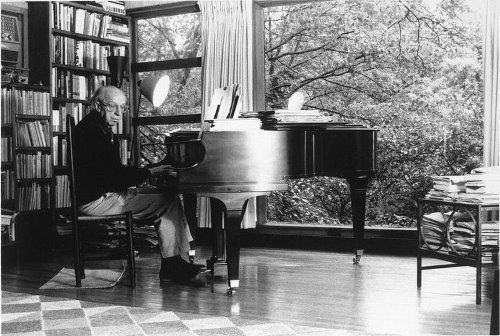In describing a large water basin, 2 Chronicles 4:2 reads, “Also he made a molten sea of ten cubits from brim to brim, round in compass, and five cubits the height thereof; and a line of thirty cubits did compass it round about.” A similar verse appears at 1 Kings 7:23.
Critics point out that this implies that π is 3, and in 1983 about 100 professors and students at Emporia State University in Kansas founded an Institute of Pi Research to lobby (wryly) for adopting this new value in place of the awkward 3.14159 …
“To think that God in his infinite wisdom would create something as messy as this is a monstrous thought,” medieval historian Samuel Dicks told the Kansas City Times. “I think we deserve to be taken as seriously as the creationists.”
“If the Bible is right in biology, it’s right in math,” added economic historian Loren Pennington.
But writing in the Mathematical Gazette in 1985, M.D. Stern of Manchester Polytechnic noted (also wryly) that the word translated as line above is transliterated qwh but read qw. Further, the ancient Greeks and Jews used letters to denote numbers, with the letters q, w, and h taking the numerical values 100, 6, and 5.
“Thus the word translated line in its written form has numerical value 111 whereas as read the value is 106. If we take the ratio of these numbers as a correcting factor for the apparent value of π as 3 and calculate 3 × (111/106), we obtain 3.141509 to 7 significant figures. This differs from the true value of π by less than 10-4 which is remarkable. In view of this, it might be suggested that this peculiar spelling is of more significance than a cursory reading might have suggested.”



